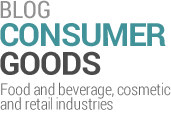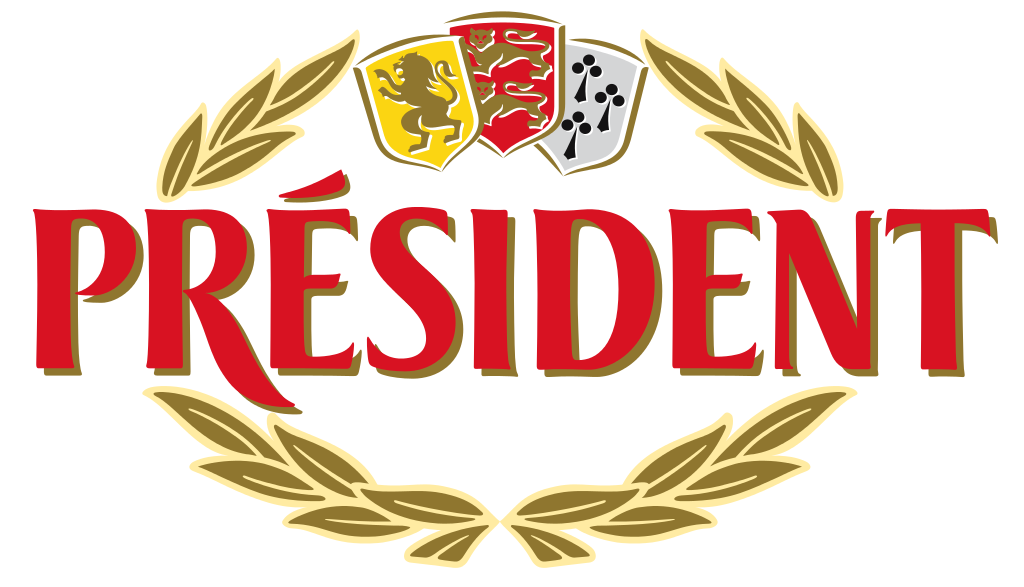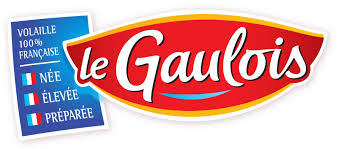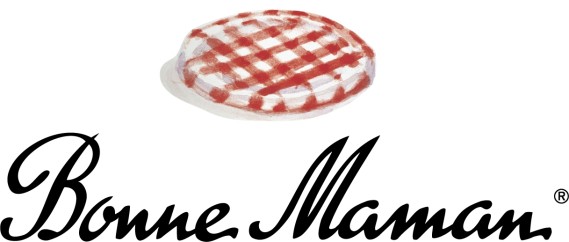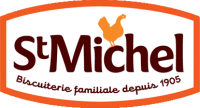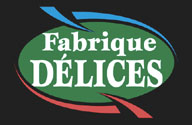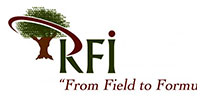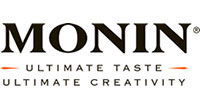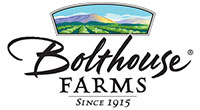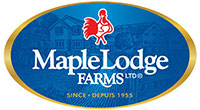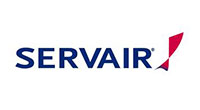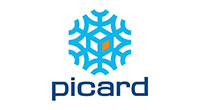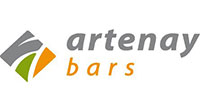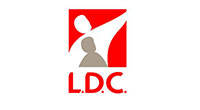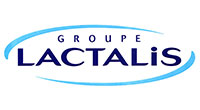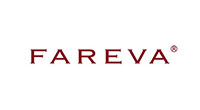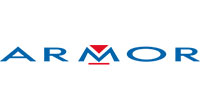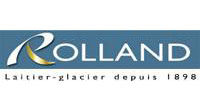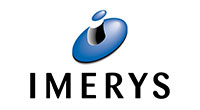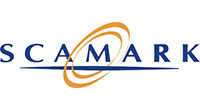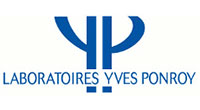
Talking about palm oil is very trendy. A few years ago, Greenpeace opened a new debate with the Kit Kat ads and orangutans protection event to find a solution to the palm oil challenge. At that time consumers discovered this new oil revolution. But today, the palm oil issue has been demonized and it could be difficult to disentangle fact from fiction, especially when politics use the topic to get their program approved or ecological lobbies consider industries as criminals against humanity …
Palm oil presence in consumers lives
First, palm oil has specific characteristics that make it a crucial ingredient in food production for companies: texture, stability, and melt-in-the-mouth feel properties are highly depend on the palm oil concentration in a product.
Second, even if it is currently rising, the price of palm oil remains extremely attractive. It is the cheapest on the marketplace, far from the colza, copra or sunflower oil price. Massive production in Malaysia and Indonesia allows keeping a high production regarding investment.
Regulations regarding the palm oil challenge
Sustainable Palm oil reflection
The Roundtable for Sustainable Palm Oil (RSPO) set up in 2004 recommends that the palm oil concentration in products consumers buy is made to an acceptable sustainable standard, respectful of both the environment and workers.
Example of harsh French regulation
A French Senator proposed a 300% tax increase on palm oil. This “Nutella tax” was set up to protect the environment and reduce obesity. Even if this kind of concern is mostly European, the palm oil devil idea is spreading and international companies should not consider this point lightly.
Traceability is the key word for food industry companies
Concerned about their environmental impact and their image, manufacturers want to get rid of unsustainable, origin-unknown or barely traceable palm oil.
For instance, Mars announced a new regulation to help build a fully sustainable palm oil supply chain. Following Nestlé, Ferrero & Unilever, even L’Oréal publicly pledged to achieve “zero deforestation” for its supplies of palm oil derivatives.
To help companies in the food industry sector to enhance the traceability process, Lascom suggests Lascom CPG software, a dedicated solution that ensures the products traceability and offers the ability (among other thing) to easily trace ingredients such as palm oil to comply to the regulations. Thus, it is simple to know if palm oil used in the composition of a product is sustainable or not, its origin or its concentration…
